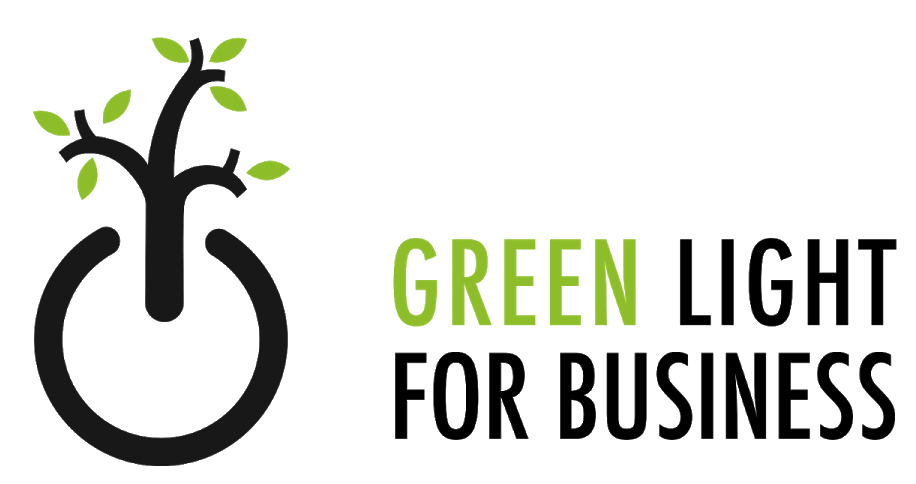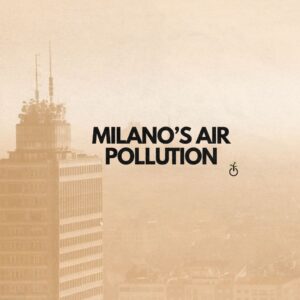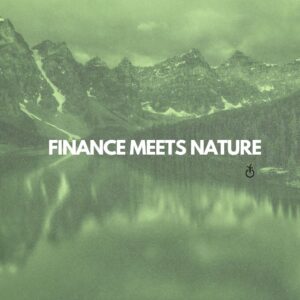A National framing
As many of you might know, Italy is a peninsula, in the middle of the Mediterranean Sea. Indeed, throughout its whole history, Italy has always relied and thrived from its geographical position and the advantage of relying on the sea for trades and tourism. But what if one of our most important resources was ultimately polluted?
This time GreenLight4Business partnered with Bocconi Surf Club in order to assess the issue of Plastic Marine litter and its effects on the economy and the health of ecosystems and, therefore, humans. Eleonora De Sabata, co-founder of “Clean Sea Life”, Giulio Magni, Operating Manager of One Ocean Foundation and Fabio Zambelli, member of surfers’ network See You Surf, took part into a dedicated event, providing an in-depth analysis of this issue.
The whole event was carried out in three parts so that each speaker could elaborate independently on their experience with marine litter and ended with a short Q&A session.
Clean Sea Life: a Mediterranean project
Ms. De Sabata started out describing what is Clean Sea Life, how it operates and what is its contribution to the cause. Clean Sea Life is a project coming from the collaboration of the Asinara National Park with some Italian National Agencies and NGOs, that addresses the diffusion of waste on Italian coasts and seas while mapping high-risk zones and identifying best practices for safe waste management. Ms. De Sabato continued with describing the nature of most common garbage (guess what? Plastic bottles-related and cigarette butts) and gave us a further insight on the origin of the pollution. Indeed, the main sources of marine litter are illegal dumps, that are drained during high tides or river overflooding. The second source is rivers as the lack of water filtering systems permits whatever waste accidentally coming into the river water to be delivered to the sea. It is crystal clear how this issue is strictly related to waste management, a hot topic in which criminal organizations are often involved.
This EU-funded project aims to spread awareness, report to authorities and enhance network effect. In three years, they succeed in removing 34 tons of litter. They also convinced many fishers all around Italy to take trash out of the sea and not just be a witness of the problem. Ms. De Sabata concluded with some recommendations of the best practices: follow the 4 Rs rule (recycle, reduce, reuse, repair), participate in clean-up events. Eventually, she added that reduce single consumption will nonetheless be a key course of actions to take.
One Ocean Foundation: a keen insight
As a follow-up to Ms. De Sabata, the microphone was passed over to Giulio Magni, Operating Manager of One Ocean Foundation, an Italian-based foundation that “develops specific projects that help safeguard marine life” in the Mediterranean Sea. In his speech Mr. Magni highlighted the fact that Oceans globally produce an economic value that would rank them as the 7th economic power of the world, contributing to 3% of global GDP. He then stressed the role and potential of blue technology and innovation to tackle issues such as Oceans’ acidification or reduction of marine habitats biodiversity. Whereas Clean Sea Life has a more action-oriented approach, One Ocean is more focused on scientific analysis and research. This is the reason One Ocean published the Business Ocean Sustainability report. The report provided precise data on a wide range of topics such as what are the most polluting industries (maritime transports, harbor-related activities) or why sustainable leaders implement blue
policies. They do so either because of an alignment with values and mission, match with customer expectation or legal requirements, growth opportunities.
According from the interviews results, however, the most significant outcomes come from technological innovation (energy materials and monitoring/process improvement), organizations initiatives (network and partnerships). Mr. Magni concluded by recalling that systematic collaboration with other partners or stakeholders leads to great performances as well.
See you Surf: give your help
The final part was held by Fabio Zambelli, member of See you Surf, a global platform for surfers where anyone can post his/her surfing pictures. As surfers daily experience seawater conditions, they are affected by marine litter and are direct witnesses of sea pollution. This is the reason Roberto d’Amico, one among the Italian top surfers and See you Surf, decided to call for beach clean-ups all around Italy. This seems to be just the first step of a bigger project, that was not revealed during the event. Mr. Zambelli, stressed the effect that each one of us -whether surfer or not- can have on the overall well-being of our marine ecosystems. He invited the audience to take part into the project of beach clean-ups that his organization will soon start.
Conclusion
The whole event ended with the farewell of Bocconi Surf Club president Antonio Panta, leaving his position. After the audience applauded Panta’s exit a short Q&A session took place. Many topics were brought up: what are the most effective solutions to get rid of plastic, what are the main contributors to global sustainable policies. The effects of plastic tax were debated as data proved that incentives performed better, but all the speakers agreed that the European Union is the main driver of global sustainability. Eventually, the common ground was that a collaborative perspective should be adopted in addressing the marine litter issue (both on a national and local community level) and that, before blue technology reaches scale levels, waste management plans are utterly needed




